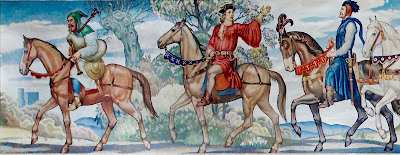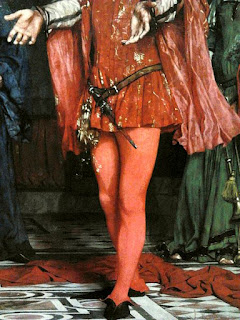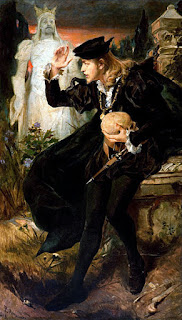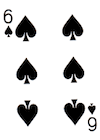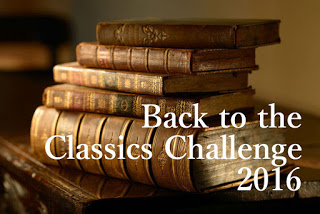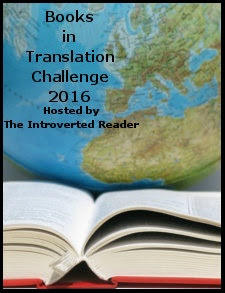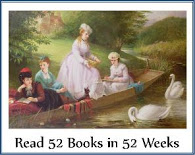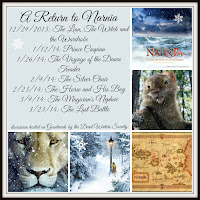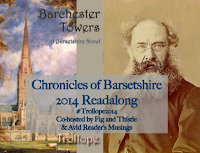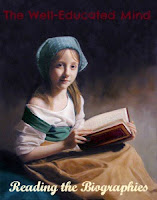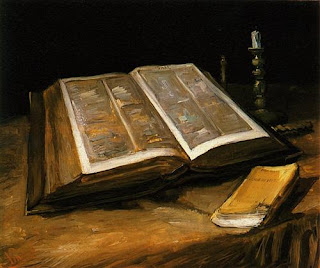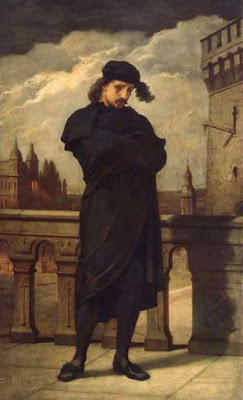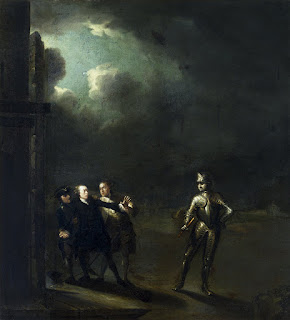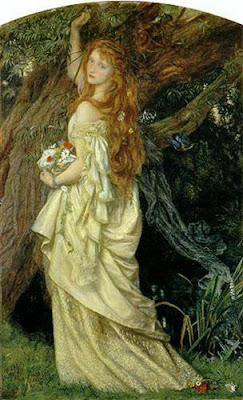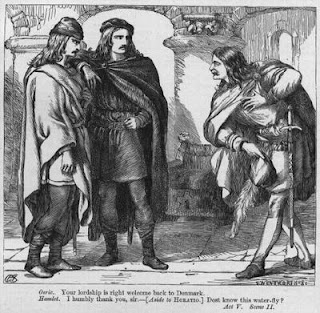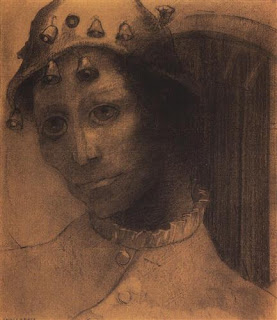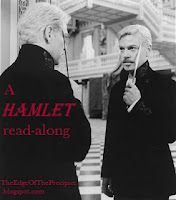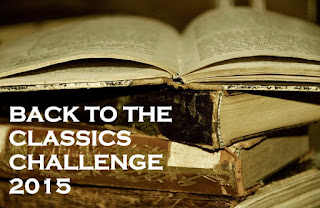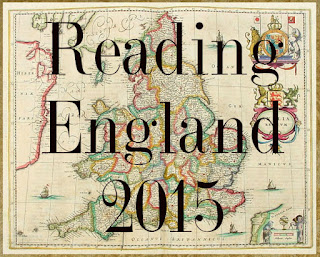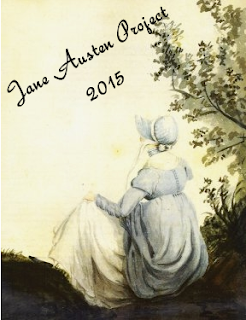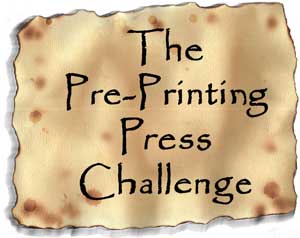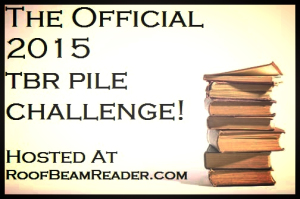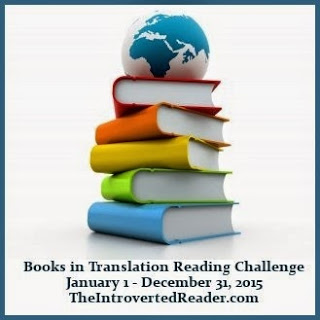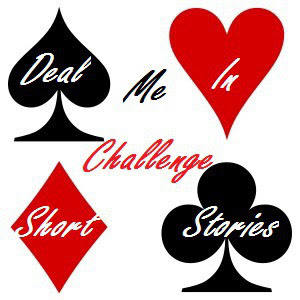“Sing, Ovid, to me of Metamorphoses, and breath all these stories into my mind as a remembrance of your fine craft” ………. But since there are so many mythological stories in this book, and Metamorphoses is either referred to, or used as a basis for stories in so many other works of literature, I’ve decided to compile reasonably detailed posts. My mind is certainly not going to hold such detail, so my blog will have to.
Book I
- He is created from a divine seed
- Prometheus made him from new-made earth and rainwater.
To man, “he gave a face that is held high; he had man stand erect, his eyes upon the stars ….”
Saturn is banished and his son, Jove’s rule begins, starting the second or silver age. Jove split the year into seasons, and the change of weather prompted men to build houses. As the bullock groaned under their yokes we sense a decline in the ease of life.
 |
| Deucalion & Pyrrha (1635) Giovanni Maria Bottalla source Wikimedia Commons |
Deucalion is overcome when he sees the devastation of the earth and decides to pray to the oracle but is told that they need to throw behind them the bones of the great mother. Pyrrha is terrified that she needs to offend the Shade of her mother, but her husband says the great mother is earth and they need only throw stones. Amazingly the stones become the new race of men.
 |
| Apollo and Daphne (1908) John William Waterhouse source Wikimedia Commons |
Python, a terrible serpent, slithers from the earth, but Phoebus (Apollo) kills him with his arrows, and the sacred Pythian games were establish in memory of the act. Daphne, daughter of the river god, was Phoebus’ first love but Cupid, resentful at Phoebus’ mocking of him, shoots him with an arrow that ignites love and Daphne with one that spurns it. Apollo pursues, and as he catches her, in response to a prayer to her father, she is turned into a laurel tree. Yet Apollo loves her still, and this is why the leaves of the laurel crown the heads of the Roman chieftains.
 |
| Juno Confiding Io to the Care of Argus (1660) Claude Lorrain source Wikimedia Commons |
The river god, Inachus wept for his missing daughter Io. She is fleeing the god, Jove, who catches her and rapes her, yet to hide his deed from his wife, Juno, he turns Io into a beautiful white cow. Yet Juno is not easily fooled and she sets a guard on Io, Argus of the hundred eyes, who never sleeps with all closed at once. Jove finally feels compassion at Io’s plight and sends Mercury to lull Argus to sleep with his reed pipes with a song of Syrinx (who fleeing from Pan was turned into a reed), and then he cuts off his head. Juno set the eyes of Argus into the tale of a peacock, whereas Io returns to her original form in her refuge on the banks of the Nile and becomes the goddess, Isis.
Io’s son by Jove, Epaphus, mocked the son of Phoebus, Phaeton’s, claim that the Sun was his father. Mortified, he asks Clymene, his mother, for proof and she confirms the truth, sending him across Ethiopia and India to Phoebus’ palace.
 |
| Mercury, Argus and Io (1592) Abraham Bloemaert source Wikimedia Commons |
From O’s brilliant post, I realized that it would be fun and helpful to add the transformations in each book in a more obvious form than merely reading of them in the text. So here they are!
Metamorphoses








